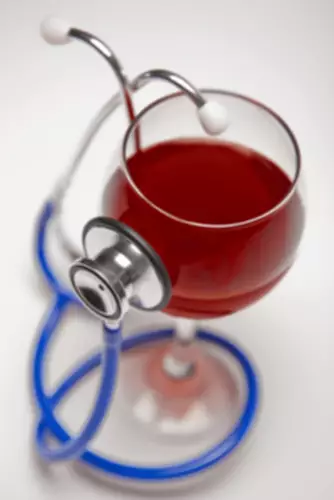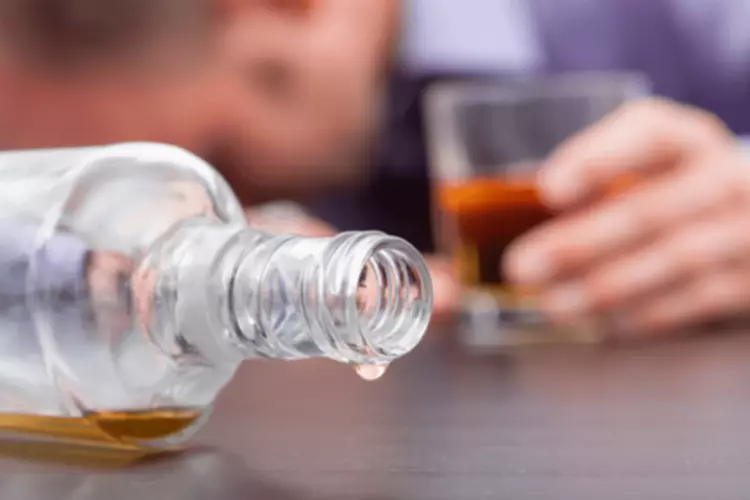
The earliest damage occurs in the frontal lobe of the brain, which is responsible for memory, decision making, behavior and executive function. In order to be diagnosed with AUD, a person must experience any two of these symptoms within the same 12-month period. Medically managed withdrawal or detoxification can be safely carried out under medical guidance. Medications, such as benzodiazepines, are given to help control withdrawal symptoms. If necessary, patients may receive intravenous fluids, vitamins, and other medications to treat hallucinations or other symptoms caused by withdrawal. No matter how much you drink or how long you have been drinking, the best place for you is at a rehab clinic that specialises in treating alcohol addiction.
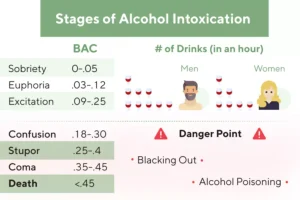
Drinking Linked to Other Cues
Withdrawal symptoms are a common occurrence in individuals who are dependent on alcohol. In severe cases, withdrawal symptoms can lead to seizures and delirium tremens, which can be life-threatening. Behavioral therapies, such as cognitive-behavioral therapy (CBT), are often used to treat alcoholism. CBT helps people identify and change negative thought patterns and behaviors related to drinking. The causes of alcoholism are multifactorial, involving genetic, environmental, and personal factors.
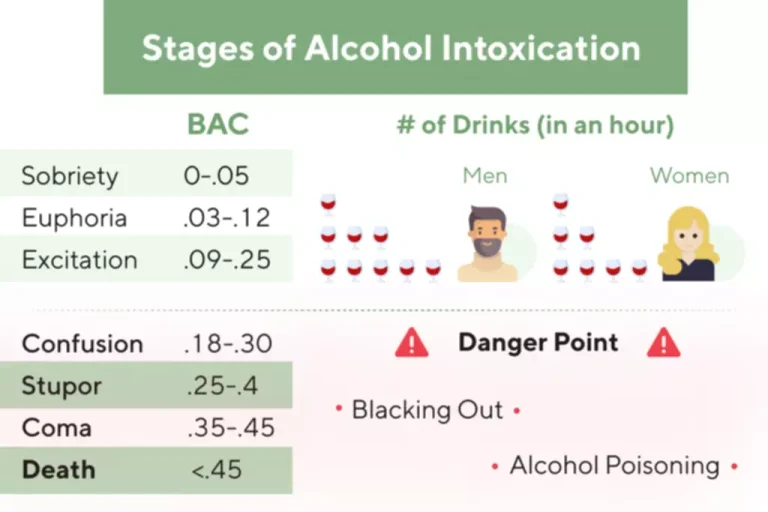
Withdrawal and Relapse
- This may include a combination of therapeutic interventions, medication, and lifestyle modifications.
- For example, some drugs have a structure similar to other chemical messengers in the brain, allowing them to bind to brain cells and release dopamine.
- This can easily spiral into an addiction if the underlying problem is not addressed.
- Department of Agriculture, the dietary guidelines provide recommendations on what the average American should eat and drink to promote health and help prevent chronic disease.
- It’s also important to get treated for co-occurring disorders simultaneously.
It’s essential to seek professional assistance and support to address this condition and improve quality of life effectively. Over time, heavy drinking can damage the brain cells and lead to problems with memory, attention, and decision-making. Chronic alcohol use can also increase the risk of developing neurological disorders, such as dementia and Wernicke-Korsakoff syndrome. The chronic phase of alcoholism represents a severe stage where the individual’s life is overwhelmingly dominated by the need to consume alcohol. Physical and psychological dependencies are deeply entrenched, and the person may experience significant health, social, and legal problems as a result of their drinking. Alcoholism is a complex and progressive disease that can quietly seep into an individual’s life, often going unnoticed until it has caused significant damage.
Alcoholism vs alcohol use disorder—what’s the difference?
Alcoholism, also known as alcohol addiction, is a chronic disease of the brain that’s characterized by compulsive decision-making, impulsive behavior and relapse. It’s triggered by genetic and environmental factors, and it causes biological changes in the brain that make abstaining from alcohol nearly impossible without medical treatment. Yale Medicine’s approach to alcohol use disorder is evidence-based, integrated, and individualized.
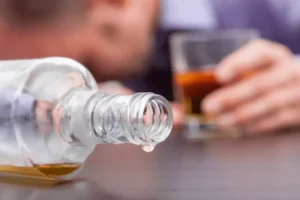
This means that you will need to drink larger amounts to achieve the same effect, thus progressing the disease. It may start small and gradually increase, eventually taking over every aspect of your life. We should continuously strive to learn about the intricacies of alcoholism and display empathy toward those affected by it. Every bit of knowledge gained brings us closer to helping those struggling Sober living house with addiction.
It is also progressive, meaning that it can worsen over time if left https://ecosoberhouse.com/ untreated. Chronic alcohol abuse can lead to physical and mental health problems, as well as social and economic consequences. The fact that alcohol consumption disorder is a chronic condition necessitates continuing care. Alcoholism recovery is a journey that requires ongoing support and supervision rather than a one-time occurrence. Therapy, support groups, and medications to assist in managing urges and avoiding relapse may be a part of this. To achieve and maintain long-lasting recovery from alcohol misuse, much like other chronic disorders, a commitment to continued treatment and management is necessary.
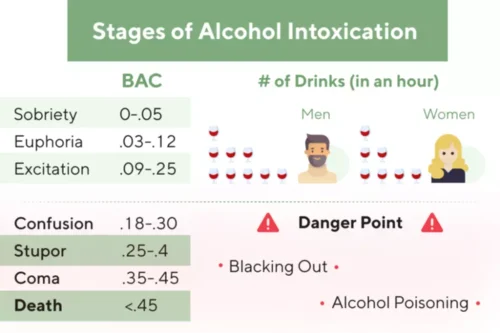
This 60-minute presentation is set up so that you can watch at a time that works for you.
In fact, the consumption of alcohol by pregnant women is the leading cause of preventable birth defects in the U.S., and it can cause a particular constellation of problems called fetal alcohol syndrome. Though at-risk and binge drinking can result in a range of adverse consequences, not all people who engage in these kinds of unhealthy alcohol use have alcohol use disorder. Friends gather for after-work drinks, spouses have cocktails together for “date nights” or some may just be in the habit of ending the day with a beer or a glass of wine—or two—or more. It can be hard to identify the lines between casual and occasional drinking and unhealthy alcohol use including alcohol use disorder. The disease model of addiction offers a lens to view alcoholism as something more.
Why Is Alcoholism Considered a Chronic Disease? Recognizing Illnesses
Many people with alcohol use disorder do recover with behavioral therapies, medications, or a combination of the two. However, it is common to suffer setbacks or relapses during substance abuse treatment. Seeking professional treatment for substance use disorders like alcoholism can help to prevent relapses and ensure long-term recovery. It’s also important to get treated for co-occurring disorders simultaneously. The first step in treatment is often detoxification, which involves stopping drinking and why is alcoholism considered a chronic disease managing withdrawal symptoms.
Support Groups
While the brain’s dopamine transmitters drive us to seek pleasure, the stress neurotransmitters found in the extended amygdala region of the brain drive us to avoid pain and unpleasant experiences. John C. Umhau, MD, MPH, CPE is board-certified in addiction medicine and preventative medicine. For over 20 years Dr. Umhau was a senior clinical investigator at the National Institute on Alcohol Abuse and Alcoholism of the National Institutes of Health (NIH). It is a priority for CBC to create products that are accessible to all in Canada including people with visual, hearing, motor and cognitive challenges.


